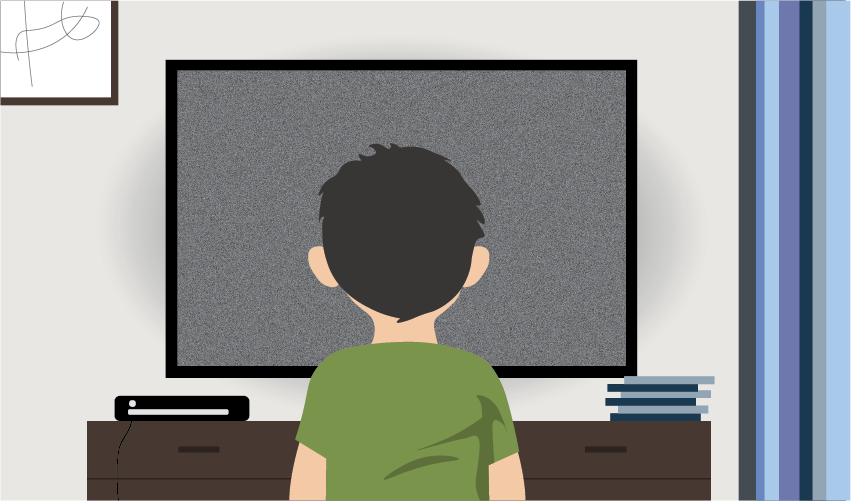The Good and Bad of Mental Health Representation in Modern Television
Anissa Chak of dailyevergreen.com
Portrayal of mental health in media has a mixed reputation
Mental health has had a major shift throughout the last 20 years. The general negative stigma surrounding the topic of mental health has seen a decline and a new outlook that brings mental health into a more positive and more open-for-discussion spotlight. Still, mental health is very serious and not an easy topic to talk about effectively, while also opening the floor for a proper discussion to be had. There is a fine line in those discussions between representing mental health in a derogatory way, or representing mental health in its true form. When mental health is properly represented, it brings light to mental health struggles that allow people better understand what life is like for people with fluctuating mental health. Modern television has done both proper and improper jobs at shining light on the struggles associated with mental health. Examples of shows that have proven their extensive knowledge of what the day-to-day looks like for people who do struggle with their mental health include: Bojack Horseman, This is Us, and Shameless. On the contrary, the shows that have consistently misrepresented people who struggle with mental health include: How I Met Your Mother, Cheers, and in other ways Euphoria. This is seen in an episode of How I Met Your Mother when the one character Robin begins dating her therapist after a few sessions after unloading her feelings. This paints a terrible picture and sets a negative stigma about therapists. This incorrect representation creates a negative idea for someone who does not have extensive knowledge of therapists and would cause them to think that all therapists are inappropriate and unprofessional with their clients.
Proper representation of mental health in modern television shows the experiences one goes through. This includes displaying the lows in life that include anxiety, depression, or possibly drug addiction. This is seen all throughout the animated series Bojack Horseman, where the main character Bojack experiences all these lows of mental health and the show displays his emotions in a raw, yet thought-out way. From themighty.com, a viewer made the comment that Bojack Horseman is “honestly one of the most realistic depictions of living with anxiety and depression. I love that it shows the ugly sides of depression rather than painting the typical ‘beautiful and tragically sad life”. This is a common depiction of mental health in modern television, that mental health should be displayed in a beautiful and romantic way.
One aspect of mental health commonly romanticized is suicide. Suicide is an immensely serious topic to discuss and modern television commonly views suicide as an impulse decision and one that is at the spur of the moment. Many others feel this same way as well, seen with Merion Mercy Academy student Katherine King with her quote, “Yes, to a point. It portrays it as a quick decision, when I think actually it takes a lot of thought and a lot of pain to do that”. This opinion is further validated by Pennridge High School student Taryn Shine stating “Yes, I think it makes it look flashy and that attracts people to it”.
Misrepresentation of mental health struggles in popular media, like modern television, can set us back as a society and further stigmas that paint people who struggle with their mental health as someone they are not, someone who is emotionally impulsive, when in fact they are not. The problems that people with mental health struggles face can be represented in a proper way that promotes and shares the specific struggles faced, and how scary those emotions can be. Some shows have proven this like Bojack Horseman, in which they properly display the true feelings and emotions that come from mental health struggles, and how in some ways it can be hard to see. Other shows do a worse job and instead of showing people who may not understand what the struggles surrounding mental health are, they instead further negative stigmas and create a poor image of people who struggle with their mental health.
Noah Wolf, Grade 12. Interests/hobbies include animals, volunteering, video games, hanging out with friends and family, relaxing. Noah plans to attend...










